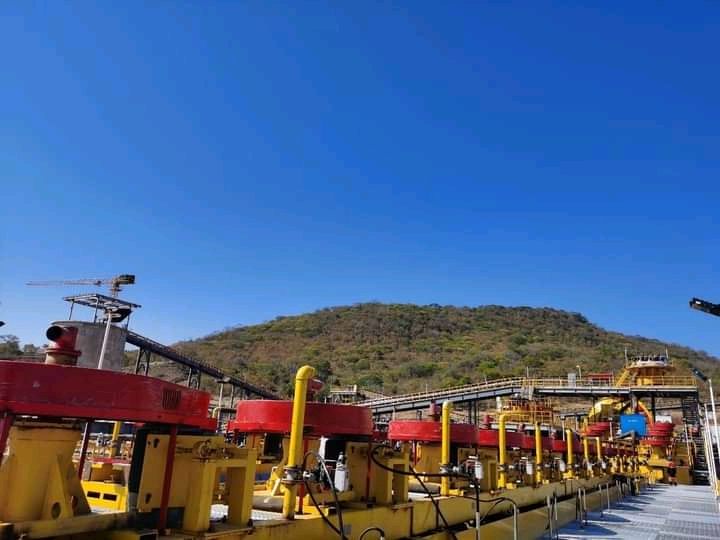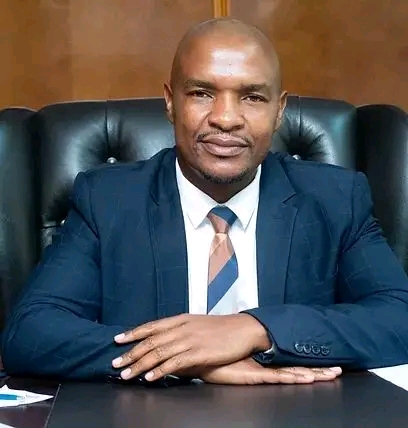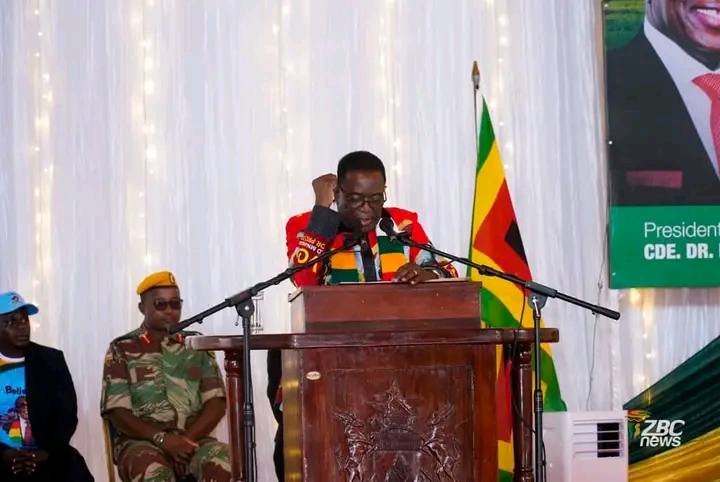Sabi Star Mine Floatation Plant
By Dickson Bandera
In January 2018, the newly installed President of Zimbabwe, Cde Emmerson Mnangagwa announced to the world that Zimbabwe had taken a new stance to attract foreign direct investment through a new policy known as “Zimbabwe is Open for Business.”
The policy was popularized at the World Economic Forum in Davos, Switzerland where president Mnangagwa became the first Zimbabwean president to attend the high level business meeting which attracts world leaders and prominent businessmen from across the world.
At that moment, Zimbabwe was reeling under a severe economic quagmire, and had just set up a new leadership after the resignation of the then president, president Robert Mugabe.
But from the speeches and interviews that president Mnangagwa and his delegation gave at Davos, there was hope that indeed Zimbabwe had arrived at a turning point, where major changes could be seen in its foreign and domestic policies and ultimately growth of the economy.
There were many doubts about the viability of the vision, though, given that Zimbabwe had endured economic woes since early 2000s due to economic sanctions imposed on the country. Efforts to find a lasting solution to bust the sanctions had proved a daunting task.
Prophets of doom were quick to dismiss the vision, saying it was just a political gimmick.
But true to its word, the Mnangagwa-led government, which called itself the Second Republic or the New Dispensation, was soon to launch clear and predicable frameworks aimed at guiding the economic turnaround and establishment of the country as a conducive investment destination.
Inhibitive laws and policies which had scared investors away were reviewed in a bid to create a conducive business environment for both local and international investors.
One of these milestones was the review of the 51-49% share ratio of the Indigenisation and Empowerment Act of 2007, which was scaring investors away. This mandatory share holding ratio was immediately scrapped, giving investors to even retain 100% share ownership in other sectors.
In the mining sector, foreign investors were allowed to own upto 100% shareholding for mining operations in all other minerals except for platinum and diamonds which the foreign investor was expected to jointly own with the government on a 49/51 basis in favor of government.
Foreign investors were also granted the leeway to invest in the mining value chain which includes provision of finance and technical services, exploration, extraction, logistics, beneficiation and value edition.
The mining sector has registered tremendous growth in the New Dispensation. Since 2017, the industry has exceeded US$20 billion in cumulative mineral exports and is on track to achieve the US$12 billion mining sector economy by the end of 2023.
Zimbabwe, which has over 60 international tradeable minerals, has the largest lithium reserve in Africa and the sixth largest lithium reserve in the world. It also has the second highest deposits of platinum in the world.
On Thursday 31 August 2023, the president Cde Dr Emmerson Mnangagwa presided over the commissioning of a flotation plant at the US$130 million Sabi Star lithium mine in Buhera District, Manicaland Province.
This came just seven months after the president officiated at a groundbreaking ceremony of the mine which saw the mine hitting the ground running.
Upon his return for the commissioning of the flotation plant, the president was impressed with the volume and velocity of the development at the mine.
“As you may recall, I was here in December last year for the ground-breaking ceremony of the flotation plant being commissioned today. I would like to thank all stakeholders who have worked tirelessly to complete this lithium flotation plant in just eight months. Well done to you all,” he said.
As the global demand for lithium grows due to the world’s shift to environmental friendly energy sources, the government has moved in to control the mining industry for the benefit of the country.
The president noted that the processing of mineral resources locally would give the country an edge over others in the global mining industry.
The country has already banned the export of unprocessed lithium under Statutory Instrument 213 of 2022, also known as the Base Minerals Export Control (Lithium Bearing Ores and Unbeneficiated Lithium) Order, 2022.
“The construction of this flotation plant by Sabi Star Mine is in line with my government’s call for the beneficiation and value addition of our mineral resources. The growing global demand for lithium and the presence of our own processing facilities reduces exports of unprocessed minerals and positions Zimbabwe as a key player in the lithium markets world wide,” he said.
President Mnangagwa also said the mining sector remains critical for the realization of Vision 2030, hence called the mine to ensure that the community benefits from the mining operations, in line with government’ policy on all natural resources.
“The benefits of the value addition of our God given natural resources must be shared by all miners, communities and the nation as a whole. Particularly, the host community surrounding this plant must benefit from increased jobs and empowerment opportunities for improved livelihoods and standards of living.”
Set to produce 300 000 tonnes of the mineral a year, Sabi Star Mine has transformed life in the area as it has so far carried its social corporate responsibility- upgrading roads, schools as well as employing hundreds of villagers from Mukwasi and Tagarira villages.
Villagers affected by the setting up of the mine have been relocated to other places where the mine has built them houses.
Zimbabwe is projected to become one of the world’s largest exporters, with the government hoping to meet 20 percent of the world’s total demand for lithium.
The country is blessed with other minerals critical to developing EV batteries, including cobalt, manganese, nickel, and graphite. The president called the mining sector to speed up projects that produces the end products to guarantee the maximum value benefit for the country.
“Going forward, the sector should ultimately graduate to the production of battery grade lithium.
“I urge mining houses to speed up the implementation of the Mining to Energy Park in Mapinga, Mashonaland West Province, which will see the construction of a lithium salt plant as well as value-addition plants to produce batteries, solar panels and other products.”
Other recent lithium projects in Zimbabwe include the US$422m deal where Zhejiang Huayou (world’s biggest producer of cobalt) acquired controlling rights to Zimbabwe’s Arcadia mine (Prospect Lithium (Pvt) Ltd); the Premier African Minerals Limited joint venture agreement with Li3 Resources Inc to acquire a 50% interest in Premier’s lithium assets located in Mutare; the acquisition of a 100% stake in African Metals Management Services and Southern African Metals and Minerals by Hong Kong’s Sinomine for US$180m (Bikita Lithium Mine).


